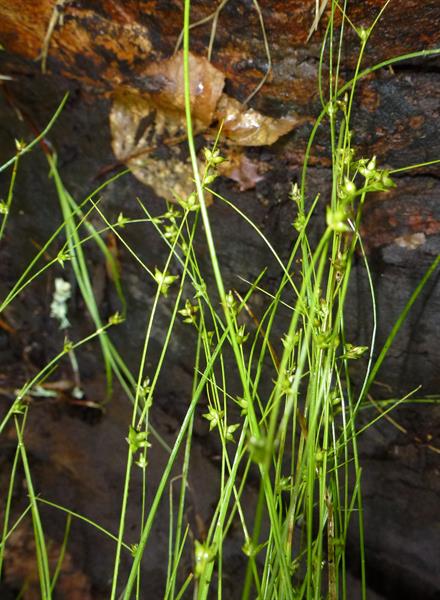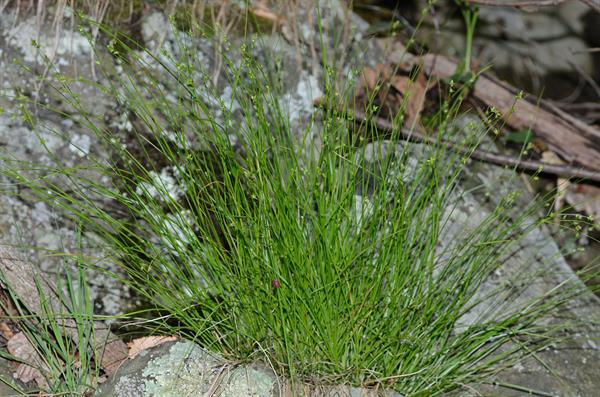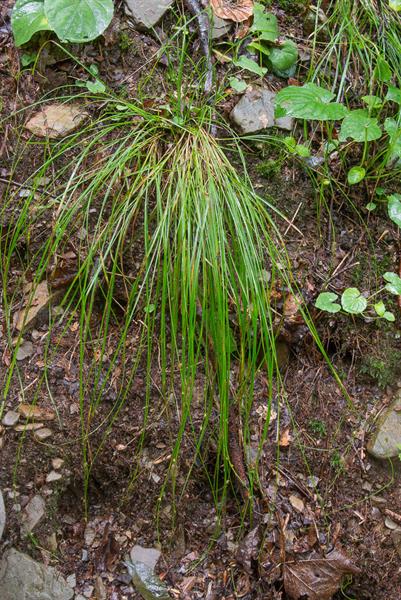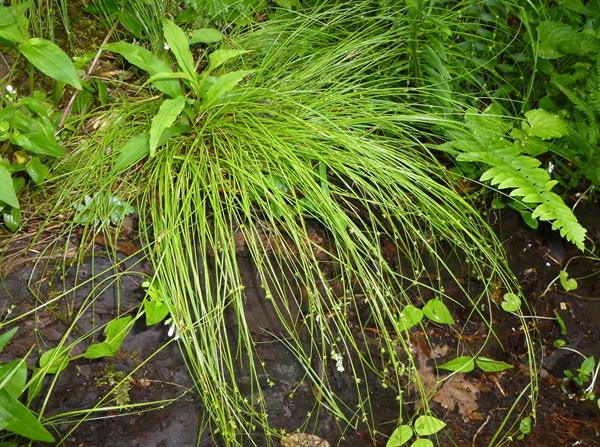
Origin/Endemic status: Native
Synonymy: = C, FNA23, K1, K3, K4, NE, NY, Pa, Tn, Va; = Carex radiata (Wahlenb.) Small – F, S, Tat, Mackenzie (1931-1935), misapplied; < Carex rosea Schkuhr ex Willd. – G, RAB, W
Wetland Indicator Status:
- Eastern Mountains and Piedmont: FAC (taxonomic lump from wetland indicator species)
- Eastern Mountains and Piedmont: FACU (taxonomic lump from wetland indicator species)
- Great Plains: FAC (taxonomic lump from wetland indicator species)
- Great Plains: FACU (taxonomic lump from wetland indicator species)
- Midwest: FAC (taxonomic lump from wetland indicator species)
- Midwest: FACU (taxonomic lump from wetland indicator species)
- Northcentral & Northeast: FAC (taxonomic lump from wetland indicator species)
- Northcentral & Northeast: FACU (taxonomic lump from wetland indicator species)
Heliophily: 4
Hover over a shape, letter, icon, or arrow on the map for definition or see the legend.
 © Edwin Bridges | Original Image ⭷
© Edwin Bridges | Original Image ⭷ © Gary P. Fleming | Original Image ⭷
© Gary P. Fleming | Original Image ⭷ © Erik Danielson source | Original Image ⭷
© Erik Danielson source | Original Image ⭷ © Edwin Bridges | Original Image ⭷
© Edwin Bridges | Original Image ⭷Feedback
See something wrong or missing on about Carex appalachica? Let us know here: (Please include your name and email if at all complicated so we can clarify if needed.)
Cite as...